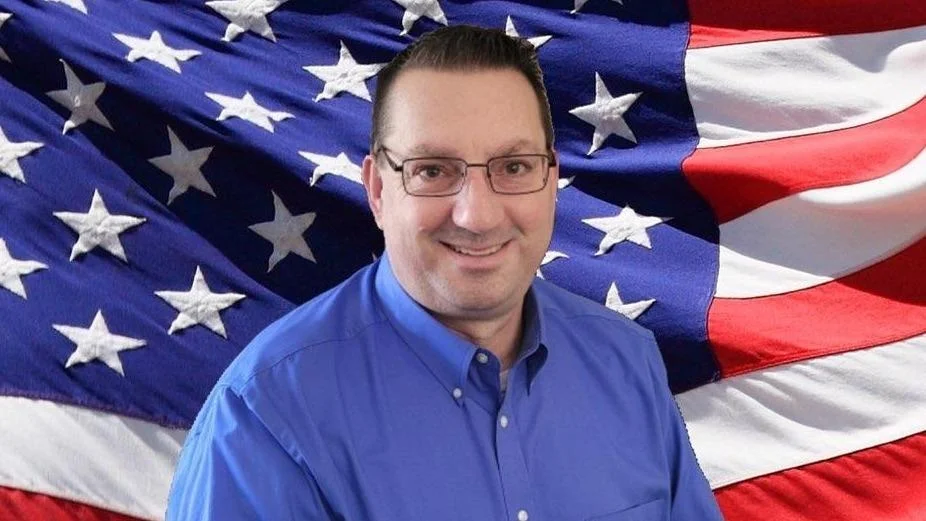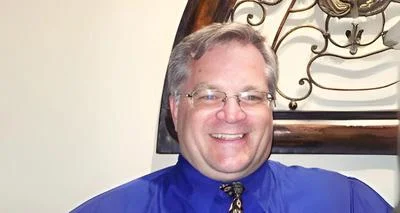Dave Maxey, Wisconsin State Representative for 83rd District | Facebook
Dave Maxey, Wisconsin State Representative for 83rd District | Facebook
According to the Wisconsin State Legislature's official website, the bill was described as follows: "workforce literacy grant program. (FE)".
The following is our breakdown, based on the actual bill text, and may include interpretation to clarify its provisions.
In essence, this bill establishes a workforce literacy grant program requiring the Department of Workforce Development to award an annual grant to eligible nonprofit organizations in Wisconsin. To qualify, organizations must provide or support adult literacy services or community-based programs in over half of the state's counties. Grant funds can be allocated for teaching workforce readiness, basic and digital literacy skills, preparing for GED and high school equivalency tests, and offering related literacy programs to build and enhance the state's workforce. Additionally, recipients can use funds for training, programming, and providing materials and professional support for organizations offering direct adult literacy services.
The bill was co-authored by Senator John Jagler (Republican-13th District), Representative David Armstrong (Republican-67th District), Representative Elijah R. Behnke (Republican-6th District), Representative Barbara Dittrich (Republican-99th District), and Representative Rick Gundrum (Republican-58th District). It was co-sponsored by Senator Julian Bradley (Republican-28th District), Senator Steve L. Nass (Republican-11th District), and Senator Rob Stafsholt (Republican-10th District), along with three other co-sponsors.
Dave Maxey has co-authored or authored another 75 bills since the beginning of the 2025 session, with none of them being enacted.
Maxey graduated from Waukesha County Technical College in 2002 with an AA.
Maxey, a Republican, was elected to the Wisconsin State Assembly in 2025 to represent the state's 83rd Assembly district, replacing previous state representative Nik Rettinger.
In Wisconsin, the legislative process starts when a senator, constituent, group, or agency proposes an idea for a bill. After drafting, the bill is introduced, numbered, and referred to a committee for review and public input. If approved, it moves through three readings and votes in both the Senate and Assembly. Once both chambers pass the same version, the bill goes to the governor, who can sign it, veto it, or let it become law without a signature. Only a small share of bills introduced each session ultimately become law. You can learn more about the Wisconsin legislative process here.
| Bill Number | Date Introduced | Short Description |
|---|---|---|
| AB235 | 05/02/2025 | Workforce literacy grant program. (FE) |
| AB175 | 04/15/2025 | Requiring periodic inspections of parking structures |
| AB166 | 04/08/2025 | Academic and career planning services provided to pupils and requiring the reporting of certain data on college student costs and outcomes. (FE) |
| AB165 | 04/08/2025 | Local guaranteed income programs |
| AB160 | 04/02/2025 | Eliminating daylight saving time in Wisconsin |
| AB157 | 04/02/2025 | Prohibiting filing or recording contracts for services or materials that do not improve real estate and providing a penalty. (FE) |
| AB146 | 03/17/2025 | Requests for information from employers about unemployment insurance claims |
| AB143 | 03/17/2025 | Allowing an unlicensed person to use a motor vehicle and providing a penalty |
| AB81 | 02/28/2025 | Excluding expenditures funded by referenda from shared costs for the purpose of determining equalization aid for school districts. (FE) |
| AB70 | 02/24/2025 | A disclaimer of parental rights and payments allowed in connection with an adoption |
| AB47 | 02/17/2025 | Tuition and fee remission for certain veterans and their dependents enrolled in the University of Wisconsin System or a technical college. (FE) |


 Alerts Sign-up
Alerts Sign-up